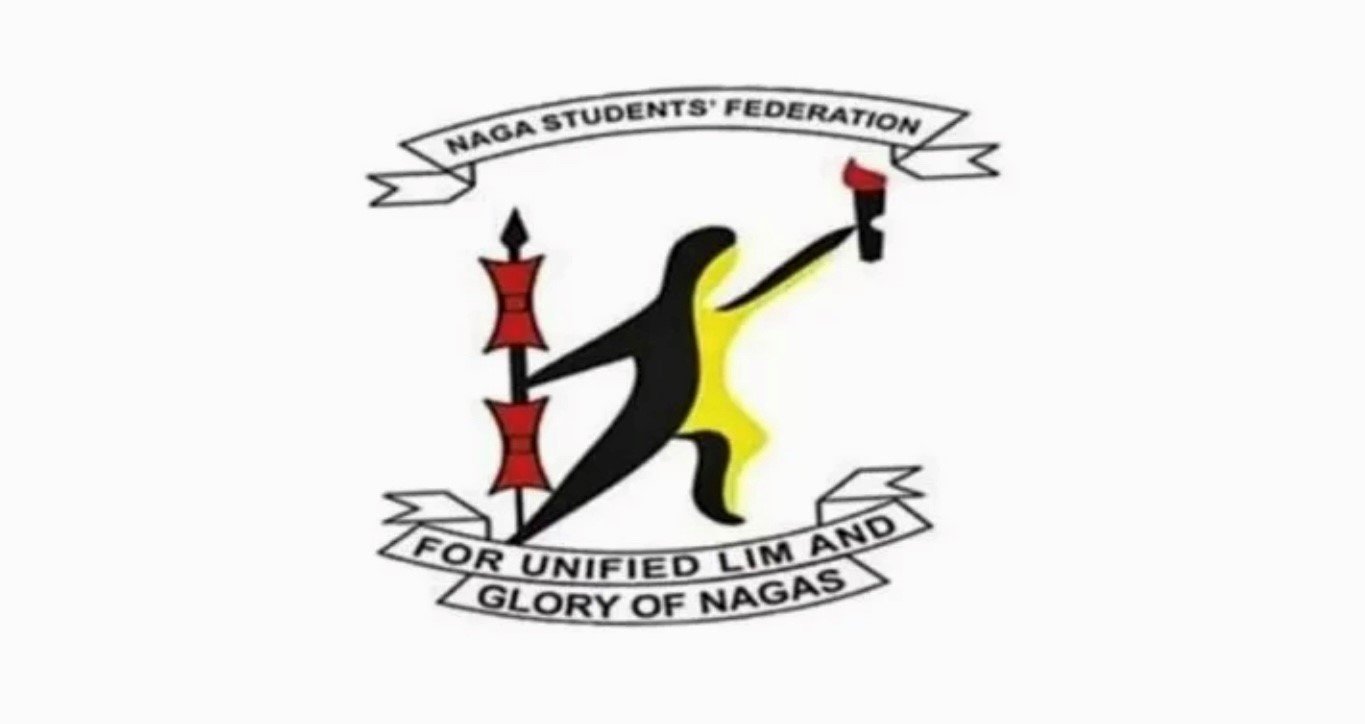Amid the unrest in Bangladesh, the Naga Students’ Federation (NSF) has said that it is troubled and concerned about “potential mass exodus of Bangladeshi nationals” into Nagaland and has appealed the State Government to “take immediate and decisive action to prevent a repeat of the historical patterns of mass immigration from Bangladesh.”
In a press release, the student body said that the unrest “not only jeopardizes regional stability but also poses a significant threat to the North East Region of India” which has long been a refuge for those fleeing turmoil in neighboring countries.
Reminding of the migration during the partition of India in 1947 and also during the Bangladesh Liberation War of 1971 into NE states like Assam, Tripura, and Meghalaya, the NSF expressed concerns about history repeating itself, “resulting in an uncontrollable influx of illegal immigrants into the Naga homeland.” It added that such an influx would not only strain the state’s already limited resources but also pose a serious threat to the cultural and demographic fabric of the Nagas.
Pointing out the challenges that persists in tackling the unabated inflow of illegal immigrants in the State, the NSF highlighted key concerns:
Demographic Imbalance: The continuous inflow of illegal immigrants has led to a significant demographic shift in many parts of the North East, including the Naga homeland. This shift threatens the cultural identity and traditional way of life of the indigenous Naga people.
Economic Strain: The illegal immigration crisis places immense pressure on the state’s economy. The competition for limited resources, employment, and public services intensifies, leading to economic instability and hardship for the local population.
Social Tensions: The arrival of large numbers of illegal immigrants has the potential to ignite social unrest and conflict within communities. The NSF fears that the current civil unrest in Bangladesh could exacerbate these tensions, leading to further instability in our land.
Reaffirming the Federation’s commitment to protecting the rights, culture, and identity of the Naga people, NSF President Medovi Rhi and General Secretary Chumben Khuvung called upon the Nagaland Government “to immediately liaise with the neighboring state counterparts to strengthen border security, implement stringent immigration controls, and ensure the rigorous enforcement of the Inner Line Permit (ILP) system.”
Furthermore, the NSF has appealed local authorities and community leaders to remain vigilant and proactive in addressing the challenges posed by illegal immigration. It is imperative that Village Councils do not issue Permanent Residential Certificates (PRCs) to illegal immigrants, thereby safeguarding the interests of the indigenous Naga people, it added.


